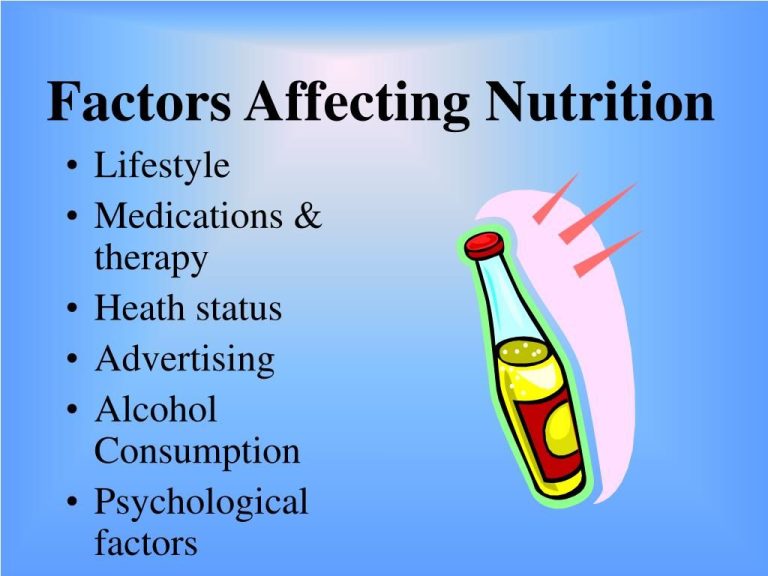Nutrition plays a vital role in the overall development and well-being of individuals. However, many people around the world suffer from malnutrition due to various factors such as poverty, limited access to nutritious food, and lack of awareness about proper dietary practices. International nutrition programs aim to tackle these challenges and improve the nutritional status of populations in different countries.
The Need for International Nutrition Programs
Despite progress in global nutrition, malnutrition is still a significant public health issue affecting millions of people. International nutrition programs are crucial to address this problem by implementing strategies that focus on prevention, intervention, and education.
These programs aim to provide access to nutritious food, promote healthy diets, and enhance the capacity of communities to produce and consume diverse and nutritious food. They also focus on addressing micronutrient deficiencies among vulnerable populations, especially children and pregnant women.
Goals and Objectives
The primary goals of international nutrition programs include reducing the prevalence of undernutrition, stunting, wasting, and micronutrient deficiencies. They also aim to promote exclusive breastfeeding, improve dietary practices, and enhance nutrition education.
Additionally, these programs strive to strengthen health systems and enhance collaboration among governments, non-governmental organizations (NGOs), and other stakeholders to ensure sustainable nutrition interventions. They also emphasize the importance of monitoring and evaluation to track progress and identify areas for improvement.
Components of International Nutrition Programs
International nutrition programs are multi-faceted and encompass various components:
1. Nutritional Counseling and Education
These programs educate individuals and communities about the importance of proper nutrition and provide guidance on making healthier food choices. They aim to improve nutrition knowledge and promote behavior change towards a balanced diet.
2. Food Fortification
Food fortification involves adding essential vitamins and minerals to staple foods or condiments to address specific nutrient deficiencies. This intervention is cost-effective and has proven to be successful in reducing micronutrient deficiencies.
3. Nutritional Supplements
In some cases, especially for vulnerable groups such as pregnant women and children, nutritional supplements are provided to meet their increased nutrient requirements. These supplements often contain vitamins, minerals, and other essential nutrients.
4. Agriculture and Food Security
International nutrition programs also focus on improving agricultural practices to ensure food security and promote sustainable food production. They support small-scale farmers by providing training and resources to enhance crop diversity and increase yields.
5. Maternal and Child Nutrition
Given the critical importance of proper nutrition during the early years of life, international nutrition programs place significant emphasis on maternal and child nutrition. They aim to ensure adequate nutrition for pregnant women and support exclusive breastfeeding practices.
6. Public-Private Partnerships
Collaboration between the public and private sector plays a crucial role in implementing effective nutrition programs. This partnership enables resource sharing, technical expertise, and innovative approaches to address nutrition challenges.
Successes and Challenges
International nutrition programs have achieved significant successes in improving the nutritional status of populations worldwide. Many countries have witnessed a decline in malnutrition rates, reduced micronutrient deficiencies, and improved child growth indicators.
However, there are several challenges that hinder the full potential of these programs. Some of the key challenges include lack of funding, inadequate infrastructure, political instability, and limited access to remote areas. Overcoming these challenges requires sustained commitment, increased investment, and strong partnerships.
Conclusion
International nutrition programs are instrumental in addressing global malnutrition and improving the health of communities. They play a critical role in raising awareness, providing access to nutritious food, and strengthening healthcare systems.
By implementing comprehensive and evidence-based strategies, international nutrition programs contribute significantly to sustainable development and the achievement of global health goals.










